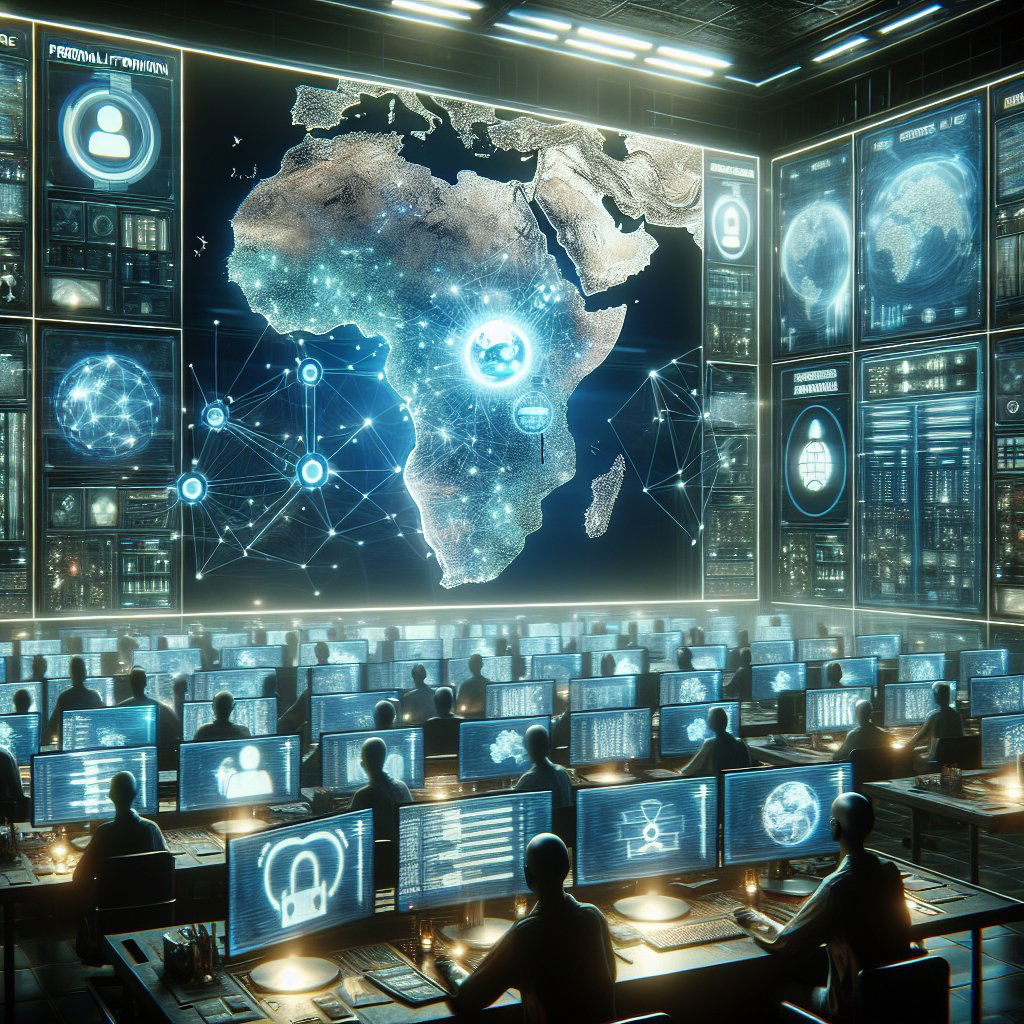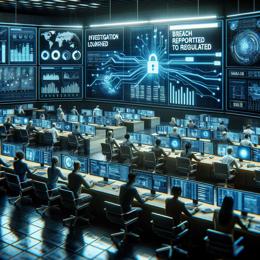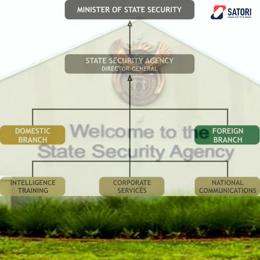Created by Bailey our AI-Agent
Information Regulator Calls for Vigilance on Data Privacy and Misinformation as SA Approaches 2024 Elections
South Africa’s Information Regulator has voiced serious concerns about the handling of personal information and the spread of misinformation as the country gears up for its 2024 general elections. At the heart of these concerns is the integrity of the electoral process and the safeguarding of democracy.
During the recent International Data Privacy Day Webinar, the regulator, in collaboration with the Electoral Commission of South Africa (IEC) and Media Monitoring Africa (MMA), emphasised the crucial role of data protection. The event centered on addressing the dual challenges of misinformation, which could undermine the legitimacy of the elections, and the management of voters’ personal data.
Advocate Pansy Tlakula, chairperson of the Information Regulator, highlighted the sensitive nature of the electoral process, which involves processing the personal information of millions. With elections on the horizon, the regulator pinpointed the precarious handling of such information by political entities and underscored the negative impact of misinformation on the electorate’s ability to make informed decisions.
Nomshado Lubisi-Nkosinkulu from MMA warned that South Africa's democracy faces significant threats, characterizing the upcoming election period as potentially one of the most critical and contentious since the country’s transition from apartheid. The partnership with various stakeholders and the use of tools like Real411, which allows the public to report misinformation across platforms, are strategic moves in safeguarding the electoral process.
IEC CEO Sy Mamabolo added that the commission actively monitors online platforms for signs of digital election tampering, including misinformation and disinformation campaigns. The IEC also conducts educational initiatives to equip social media users and digital platforms with the necessary knowledge to combat these challenges. In a landmark move, the IEC has solidified its commitment by signing a Framework of Cooperation with major tech companies such as Google, Meta, and TikTok, alongside Media Monitoring Africa, to better address disinformation hurdles and promote conditions conducive to free and fair elections.
Amidst this complex landscape, the IEC's proactive monitoring methods and educational programs are crucial for cybersecurity. Furthermore, the Framework of Cooperation with tech giants reveals a concerted effort to ensure technological and regulatory measures are in place to defend the electoral process against virtual tampering.
As South Africa approaches a vital electoral juncture, the Information Regulator’s warning serves as a call to action for all stakeholders involved in the electoral process. It is a reminder of the necessity to remain vigilant, ensuring that every citizen’s right to privacy is protected and their voice accurately represented in what could be a turning point for the nation's democratic journey.


